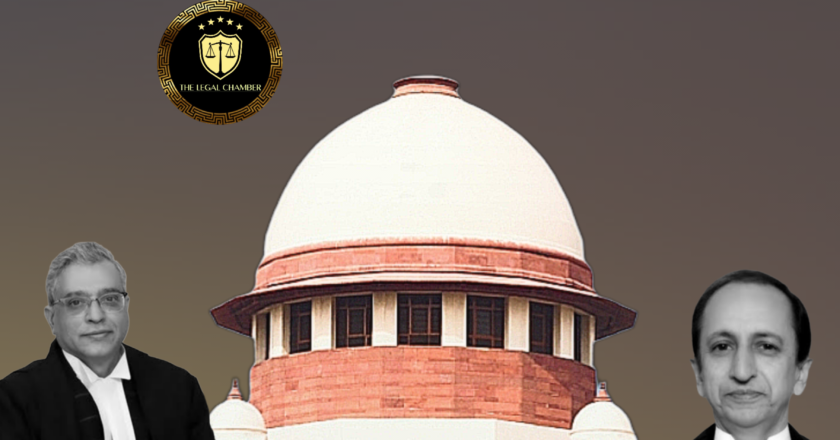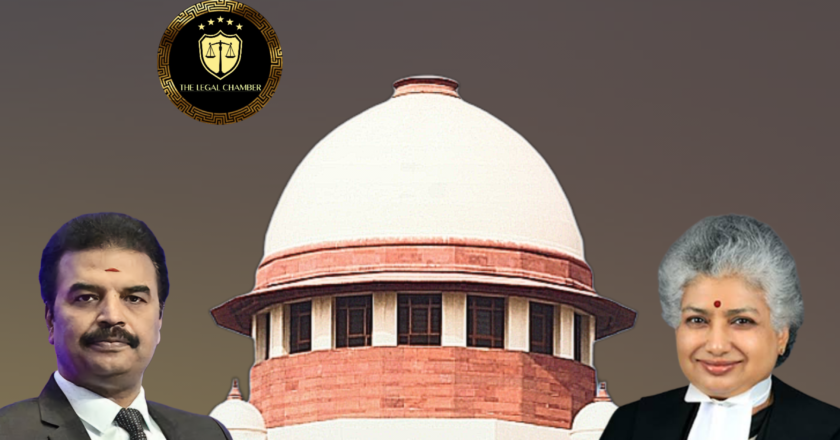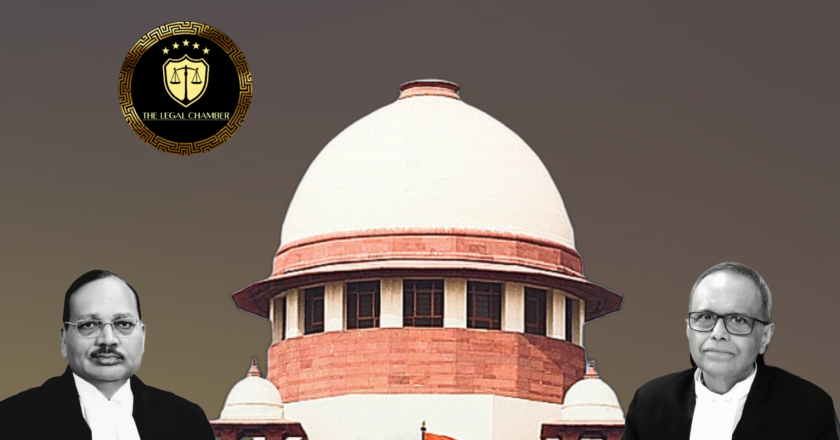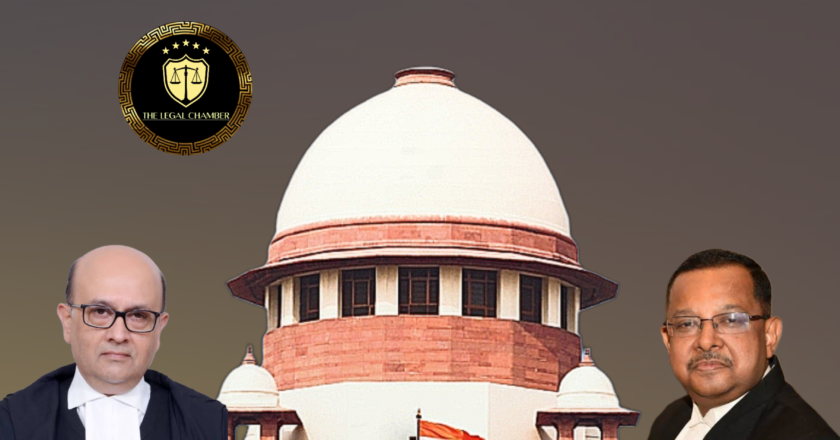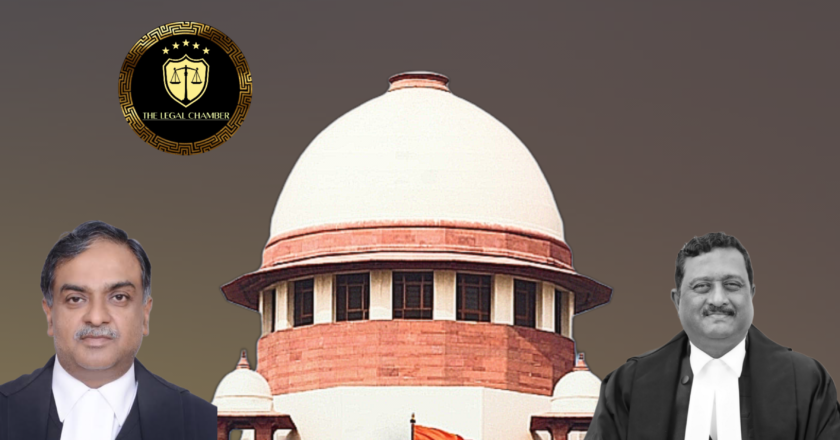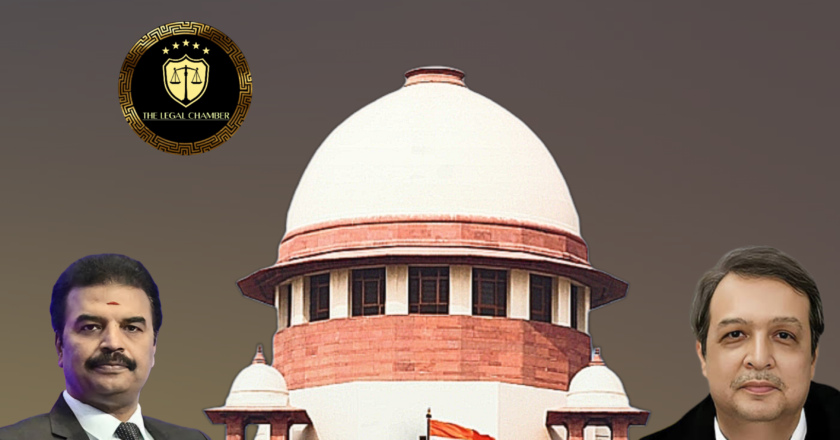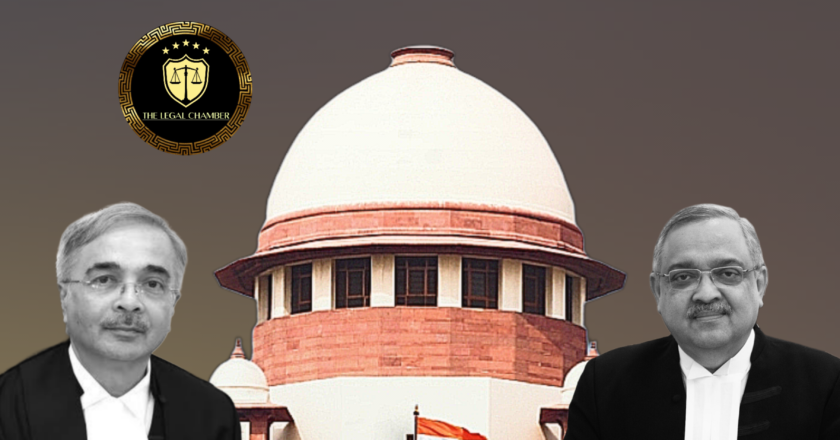Supreme Court: Subsequent Contracts Don’t Override Original Arbitration Agreement
The Supreme Court held that Part I of the Arbitration & Conciliation Act, 1996, including Section 11, does not apply to a foreign-seated international commercial arbitration. The arbitration clause in the principal "mother agreement" governs, and subsequent ancillary contracts with different parties cannot novate it or confer jurisdiction on Indian courts.
Facts Of The Case:
The petitioner, Balaji Steel Trade, entered into a Buyer and Seller Agreement (BSA) dated 06.06.2019 with respondent no. 1, Fludor Benin S.A., for the supply of cottonseed cake, containing an arbitration clause specifying arbitration in Benin. An Addendum was later executed. Subsequently, respondent no. 1 assigned its supply obligations. The petitioner then entered into separate Sales Contracts with r...
